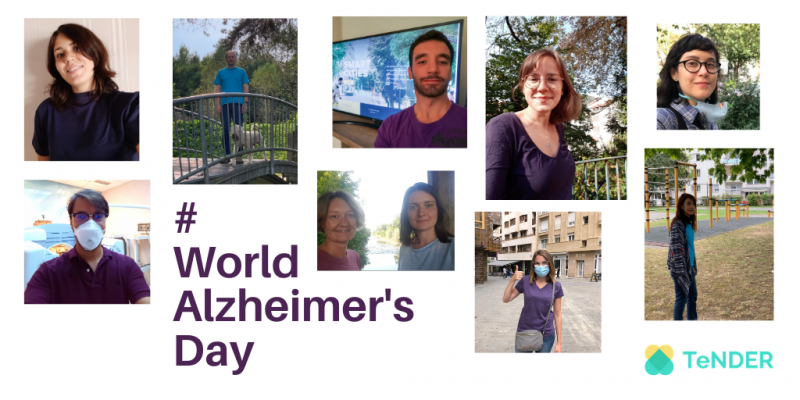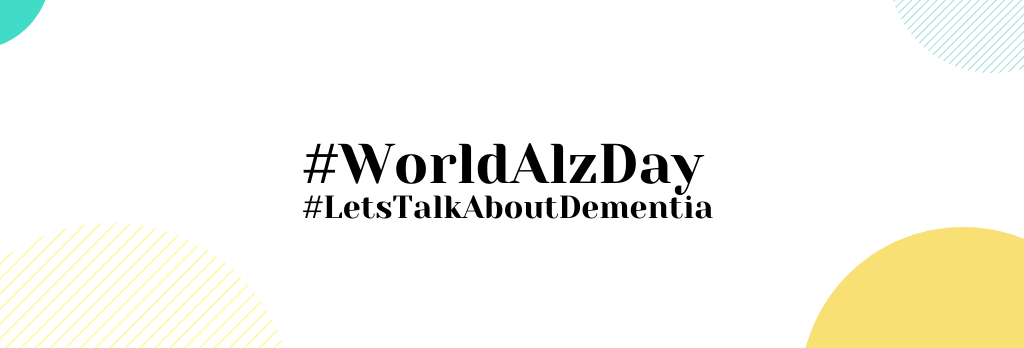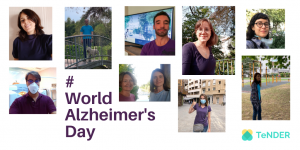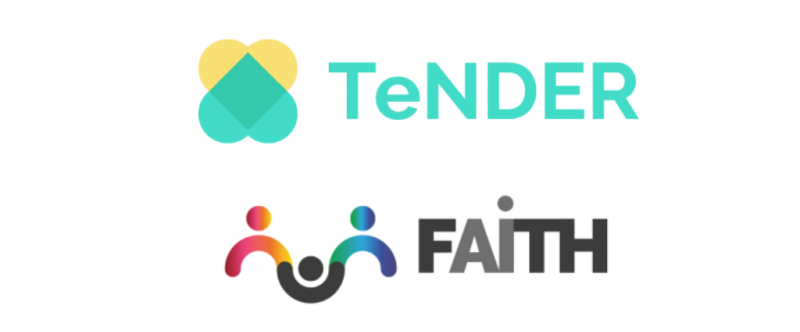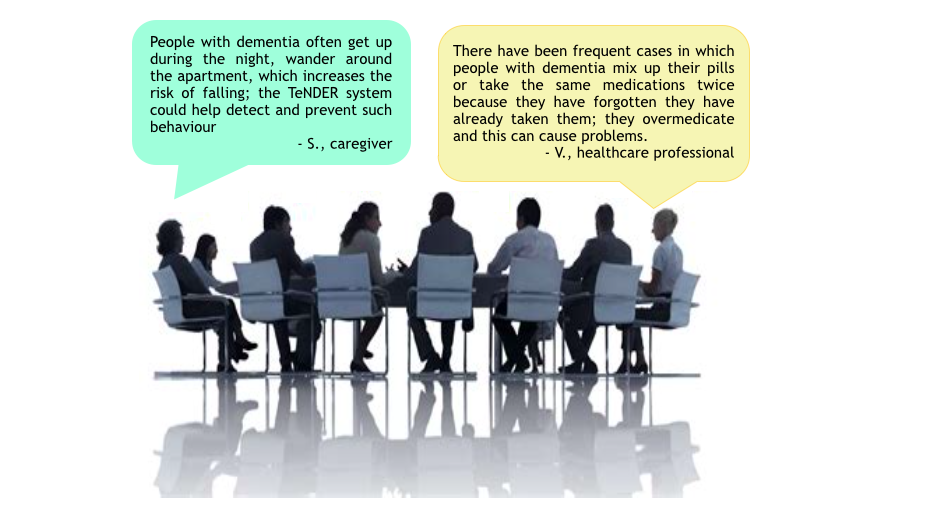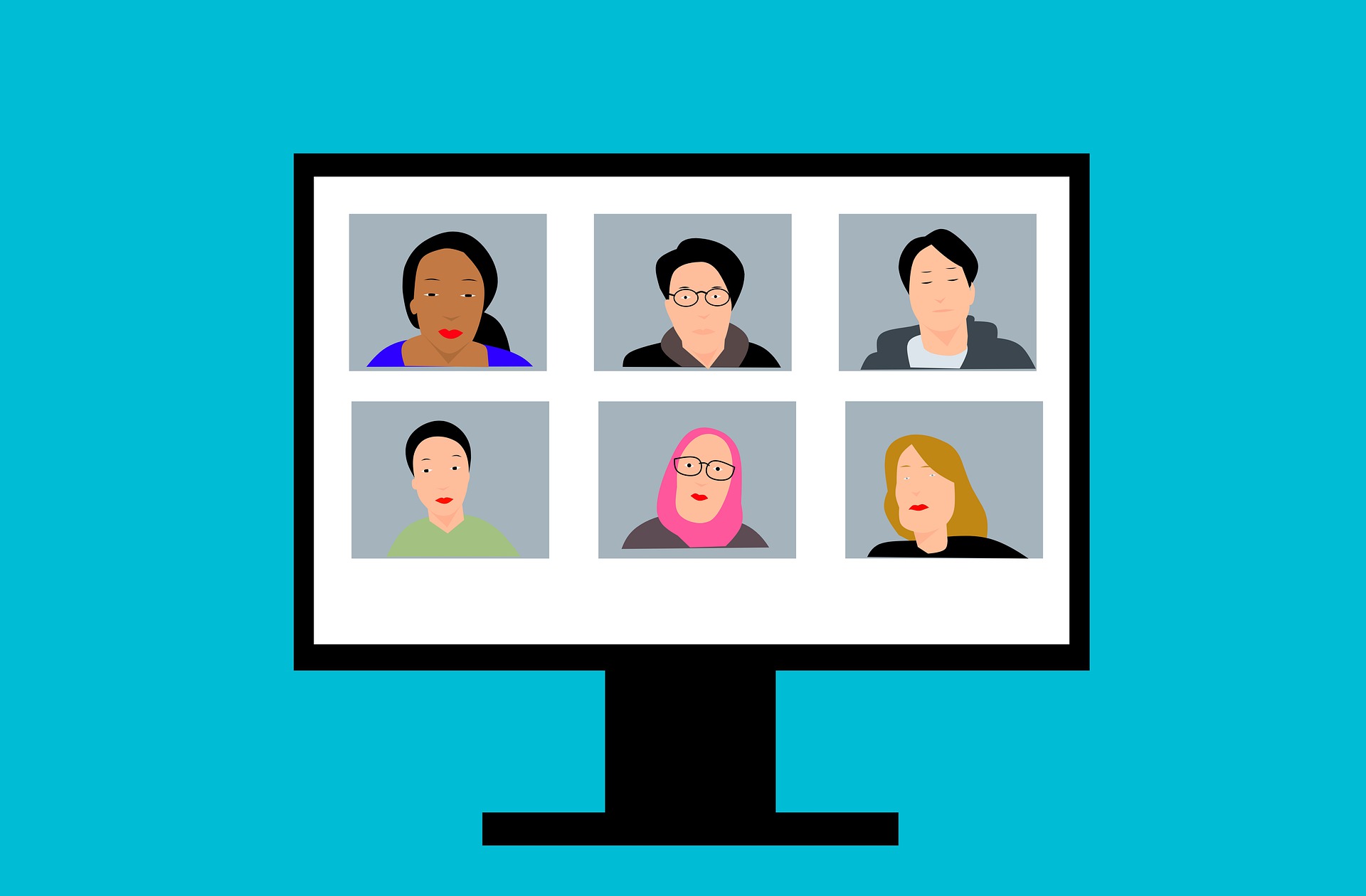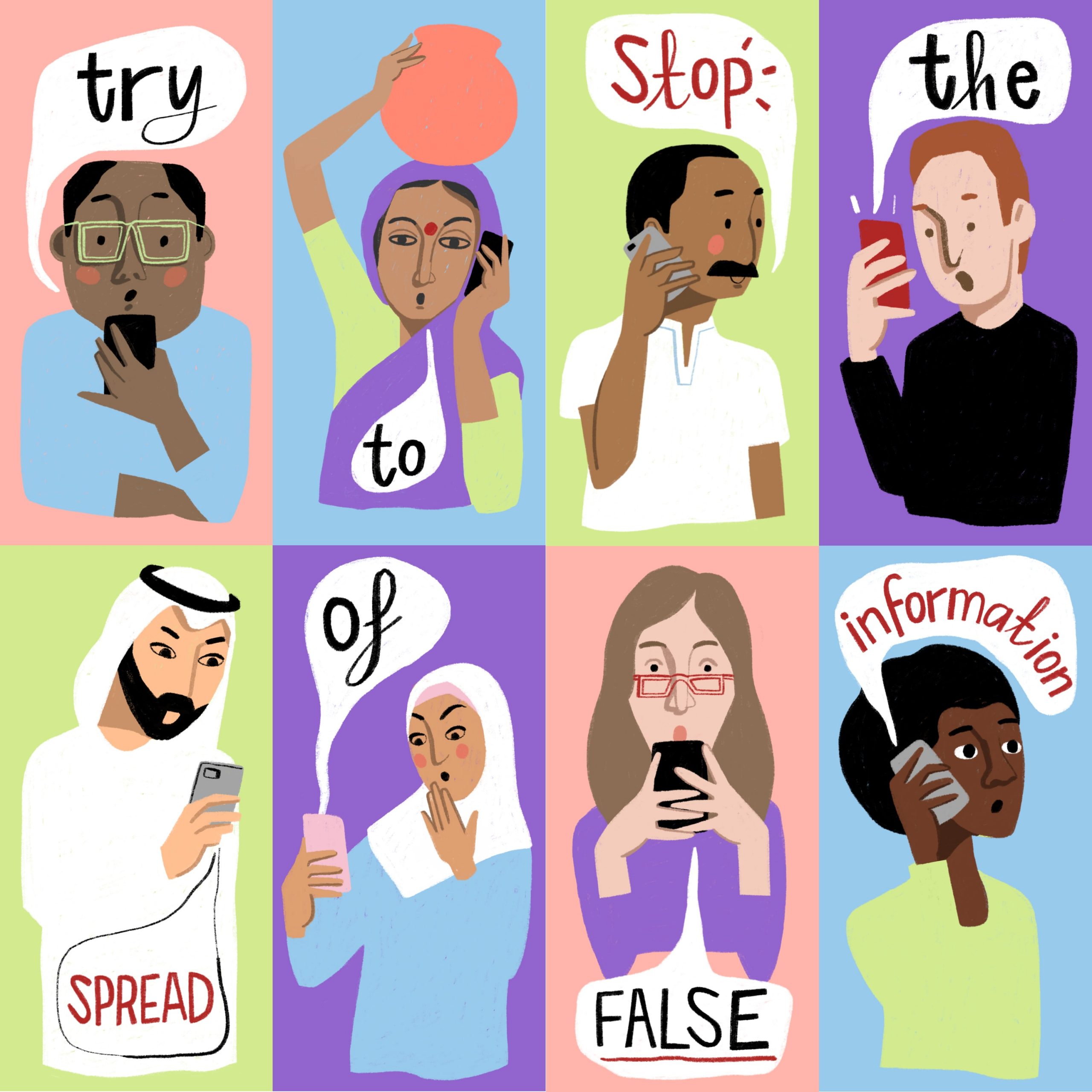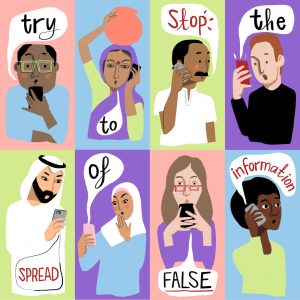From 5 to 6 October 2020, the European Patients’ Forum and DigitalHealthEurope co-organised an online workshop on “Digital Tools for Patient Empowerment and Patient-Centred Care.”
Gustavo Hernández Peñaloza, a researcher at Universidad Politécnica de Madrid (UPM), presented ICT4Life’s study findings and introduced TeNDER. ICT4Life, which ended in 2018, was funded by Horizon 2020 (H2020), the same research and innovation programme that funds TeNDER.
Answering to societal needs
Horizon 2020 is an ambitious framework programme to fund European research and innovation. During seven-year cycles, H2020 covers everything from fundamental research to the no less important societally driven approach to research.
ICT4Life is an example of the latter approach. As a result of ageing, the number of Europeans affected by Alzheimer’s (and other forms of dementia), and Parkinson’s disease has steadily risen over the decades.
According to the WHO in a 2018 report on dementia, it represents one of the biggest global public health challenges. People living with dementia (including Alzheimer’s) worldwide today is estimated at 44 million, and will likely double by 2030. The prevalence of Parkinson’s disease is also set to rise, according to the European Brain Council, with more than 1.2 million patients currently living in Europe.
ICT4Life aimed to develop user-friendly tools that empower people living with these conditions, help them extend their autonomy, and generate a sense of safety.
The ICT4Life platform gathered a set of innovative digital solutions such as active multi-sensorial monitoring and tracking, communication services, active training and stimulus, recommendations, reporting services, and social services in an integrated healthcare approach. Intended for patients, formal and informal carers, and health professionals, all solutions were developed following a user-centred methodology and tested in real-life scenarios.
From ICT4Life to TeNDER
ICT4Life integrated a high-level subsystem that translates data into something understandable and useful for the users (patients, carers, healthcare professionals, etc.). Monitoring and alert systems will allow patients and those who care for them to feel safe at home.
The system was tested with approximately 200 patients in Madrid, Paris, and Pécs. The tests focused on user acceptance and user interaction.
Throughout the course of ICT4Life researchers remained very alert to ethical, legal, and privacy considerations. They needed to be sure that they were communicating properly and that the large amount of data that was gathered – which is crucial scientifically speaking – was protected and processed properly. Due to the large-scale character of TeNDER, an entire team will be dedicated to ensuring the protection of patient data.
The results of the ICT4Life tool development process and small-scale testing indicated that the system can safely extend patients’ autonomy. This prompted some of the project partners to form a larger consortium to extend piloting capabilities, build on the project’s successes, and strengthen the weaknesses of ICT4Life.
TeNDER will therefore perform large-scale pilots on about 1500 users in Madrid (Spain), Rome (Italy), Ljubljana (Slovenia), and Bavaria (Germany) using the tools developed by ICT4Life. It will also integrate new tools, as well as a new study group comprising people affected by cardiovascular disease.
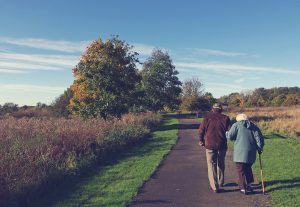 On 30 October, several EU-funded initiatives participated in an online workshop organised within the general framework of the Sustainable Places Conference 2020. The workshop, titled “Sustainable Housing Supporting Health and Wellbeing,” centred on the benefits of and the ways to create living spaces fit for all walks of life.
On 30 October, several EU-funded initiatives participated in an online workshop organised within the general framework of the Sustainable Places Conference 2020. The workshop, titled “Sustainable Housing Supporting Health and Wellbeing,” centred on the benefits of and the ways to create living spaces fit for all walks of life.





